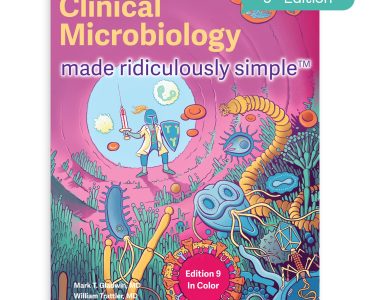Paula Monopoli, JD, Sol & Carlyn Hubert Professor of Law and founding director, Women Leadership & Equality Program, Francis King Carey School of Law. Constitutional Orphan: Gender Equality and the Nineteenth Amendment (Oxford University Press).
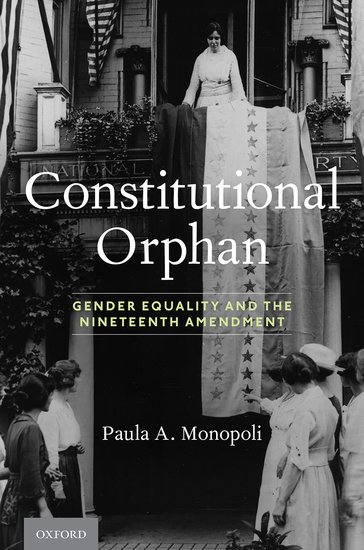
Monopoli, who is at the vanguard of scholars exploring the 19th Amendment and its impact, blends legal theory and original historical research to investigate the amendment’s implications for federalism, the scope of women’s citizenship, and the constitutional definition of equality. “In this path breaking new book, Paula Monopoli bridges conversations in history and law to ask why the Nineteenth Amendment has been overlooked and become a ‘Constitutional Orphan’ in the Constitution’s interpretation,” writes Yale Law School Professor Reva B. Siegel. “Her magnificent recovery of this history will enable the Amendment’s more robust and intersectional interpretation and enforcement in the years ahead.”
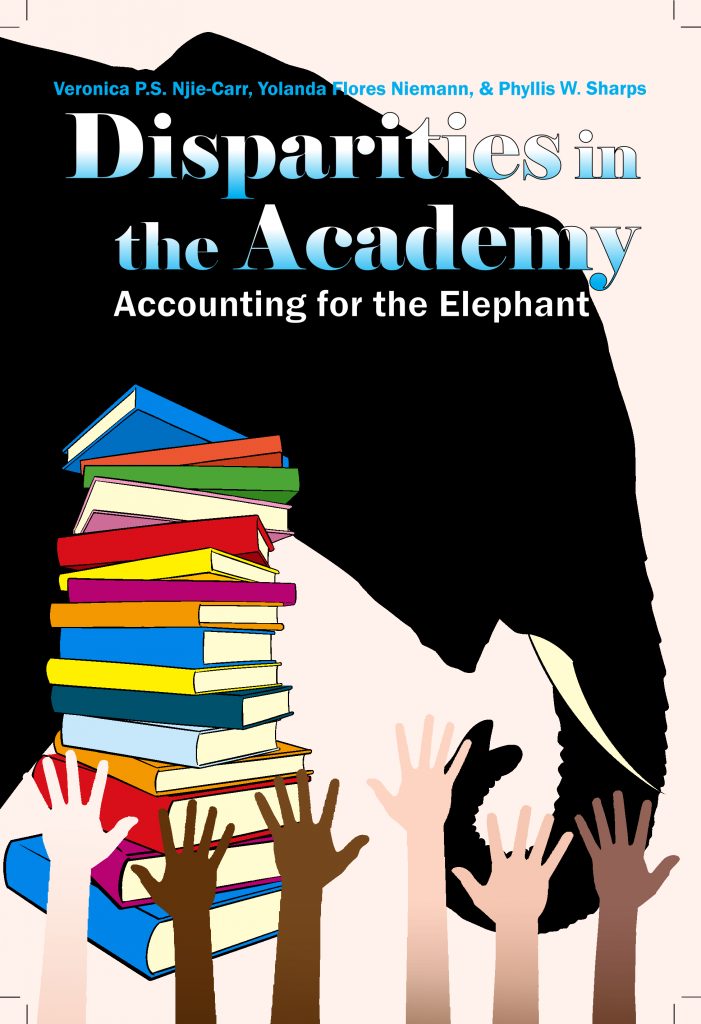
Veronica P. Njie-Carr, PhD, RN, ACNS-BC, FWACN, associate professor, School of Nursing. Disparities in the Academy: Accounting for the Elephant (Dorrance Publishing).
Under-represented racial/ethnic groups invariably experience exclusionary practices and racism that thrive in academia. Unfortunately, the cumulative effects of these practices lead to psychological and physical trauma — low self-esteem, decreased work productivity, anxiety, psychological disengagement, and worse. Authors of the book, including School of Nursing Visionary Pioneer and alumna Phyllis Sharps, PhD ’88, BSN ’79, RN, FAAN, illustrate that while diversity focuses on representation, inclusion is being heard, respected, and valued, with equitable access and opportunity. Meaningful inclusion necessitates structural changes that maintain the inequitable status quo. The experientially based narratives in the book are an inspirational call highlighting the disparities, while providing recommendations and best practice models to produce social change and equity in the academy.
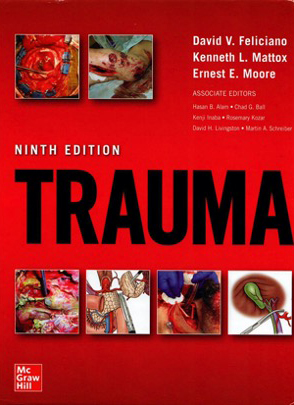
David Feliciano, MD, clinical professor, Department of Surgery, School of Medicine. TRAUMA, Ninth Edition (McGraw-Hill).
TRAUMA, first published in 1987 and with Feliciano as one of the same three co-editors for all editions, is the standard reference textbook in the field in the United States, and editions of the book or a related handbook have been published in China, Russia, Italy, Spain, Mexico, and the countries in Latin America over the years. The 1,400 pages and 64 chapters cover the entire field of trauma from epidemiology to generalized approaches to the traumatized patient, management of specific injuries, specific challenges, and management of complications after trauma. Included is a color atlas covering 86 anatomical areas and clinical procedures and operations. The textbook is meant to be a “one-stop” reference for surgeons interested in trauma, intensivists, fellows, surgical residents, medical students, epidemiologists, prehospital personnel, trauma and critical care nurses, respiratory therapists, clinical pharmacists, and hospital administrators.
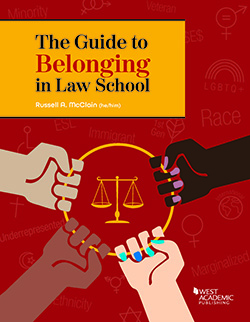
Russell A. McClain, JD, professor, associate dean for diversity and inclusion, and director, Academic Achievement Program, Francis King Carey School of Law. The Guide to Belonging in Law School (West Academic Press).
The guide, which addresses students from diverse backgrounds about to begin law school, offers a “mini-immersion” in the law school experience with step-by-step instructions on everything from reading a judicial opinion to preparing for exams. Most notable, however, is McClain’s inclusion of tools to help students from groups historically under-represented in the legal profession overcome obstacles to thriving in law school. McClain infuses exercises designed to address some of the psychological dynamics, such as implicit bias and stereotype threat, that can interfere with learning, and supplies strategies for interrupting those obstacles. He also intersperses “We Belong” narratives about lawyers from a range of backgrounds, offering stories and advice — all aimed at guiding readers toward developing a sense of belonging.
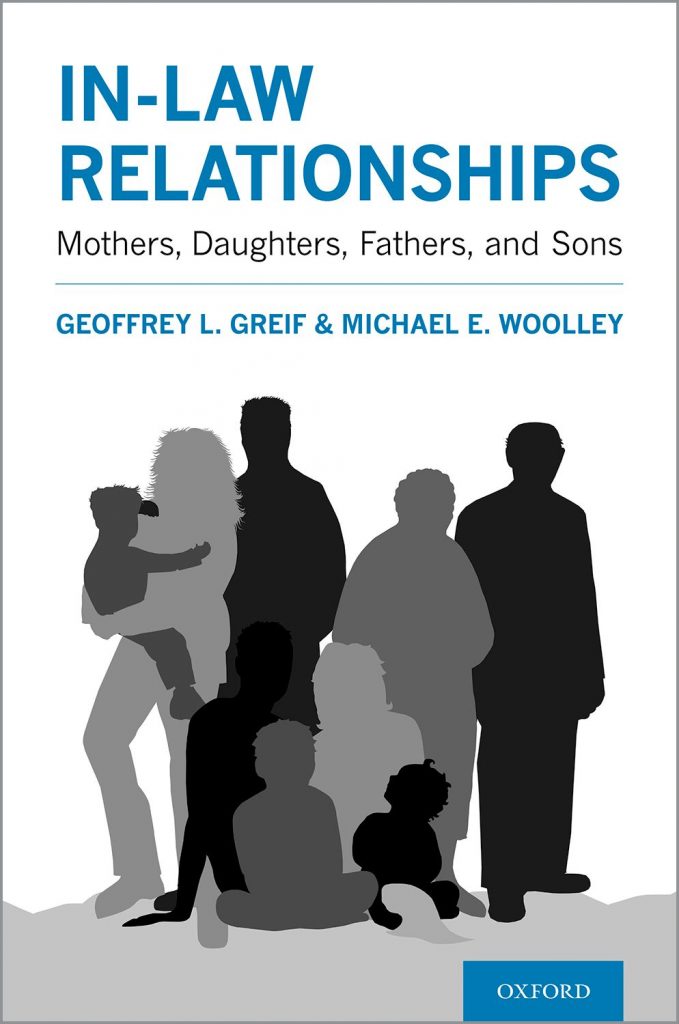
Geoffrey Greif, PhD, MSW, professor, School of Social Work, and Michael Woolley, PhD, MSW, associate professor, School of Social Work. In-Law Relationships: Mothers, Daughters, Fathers, and Sons (Oxford University Press).
Marriage is a major step in a relationship, and each member of that newly joined pair brings with them their own existing family and the corresponding complexity and richness of in-law relationships. These are multigenerational, multilayered, and, like a kaleidoscope, a shifting amalgam of emotional colors. Exceptionally important, in-law relationships can be joyous and comforting. They can also be complicated, contentious, and disappointing. Drawing on interviews and survey data with more than 1,500 mothers-in-law, fathers-in-law, daughters-in-law, and sons-in-law, the book describes how these complicated and highly significant relationships develop over time. Greif and Woolley focus on the relationships between mothers-in-law and daughters-in-law as well as fathers-in-law and sons-in-law. They describe the struggles as well as the triumphs that people encounter with these relationships from the perspectives of both generations and suggest ways to improve the relationships. Greif and Woolley present action-oriented family therapy theories based on the insight, communication, boundary building, and narratives that family members wish to create.
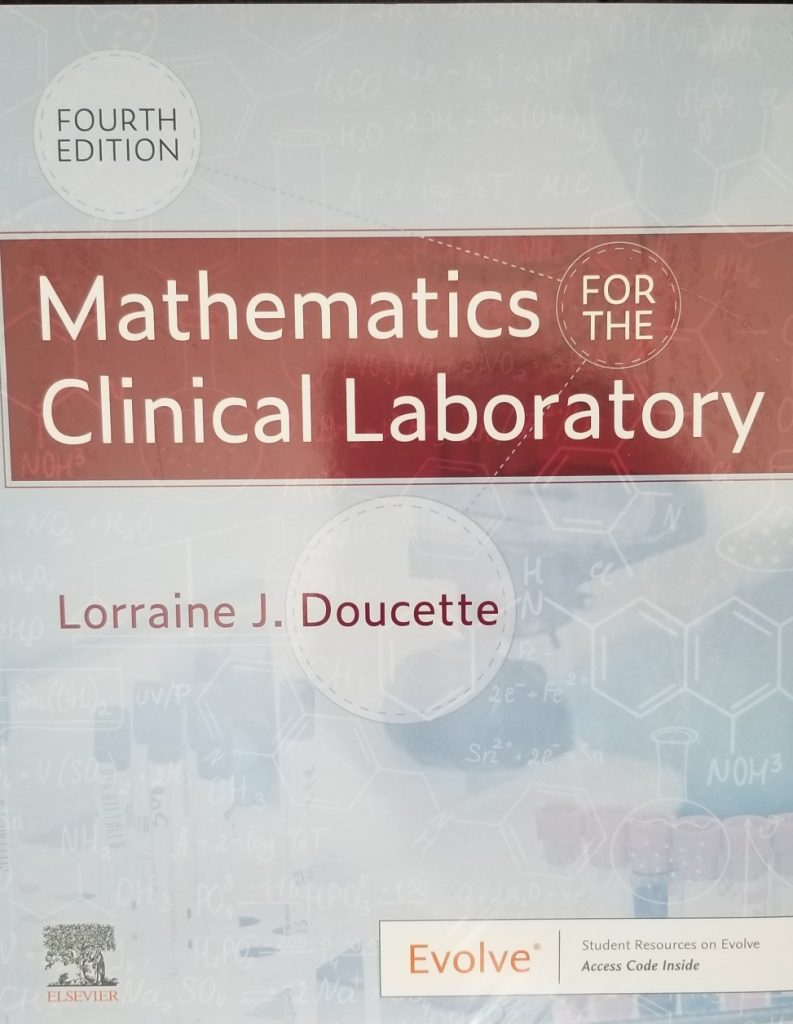
Lorraine Doucette, MS, MLS (ASCP), assistant professor and MLS program director, Department of Medical and Research Technology, School of Medicine. Mathematics for the Clinical Laboratory, Fourth Edition (Elsevier).
Master the skills needed to perform accurate clinical laboratory calculations. Mathematics for the Clinical Laboratory, Fourth Edition demonstrates the calculations used in the analysis of test specimens. It begins by explaining basic mathematical principles and then covers the types of calculations needed in specific areas of the clinical laboratory including urinalysis, hematology, and microbiology. Finally, it focuses on the statistical calculations used in quality assurance and quality control. Step-by-step examples reinforce understanding, and calculation templates and practice problems ensure that users of this textbook make correct calculations every time.
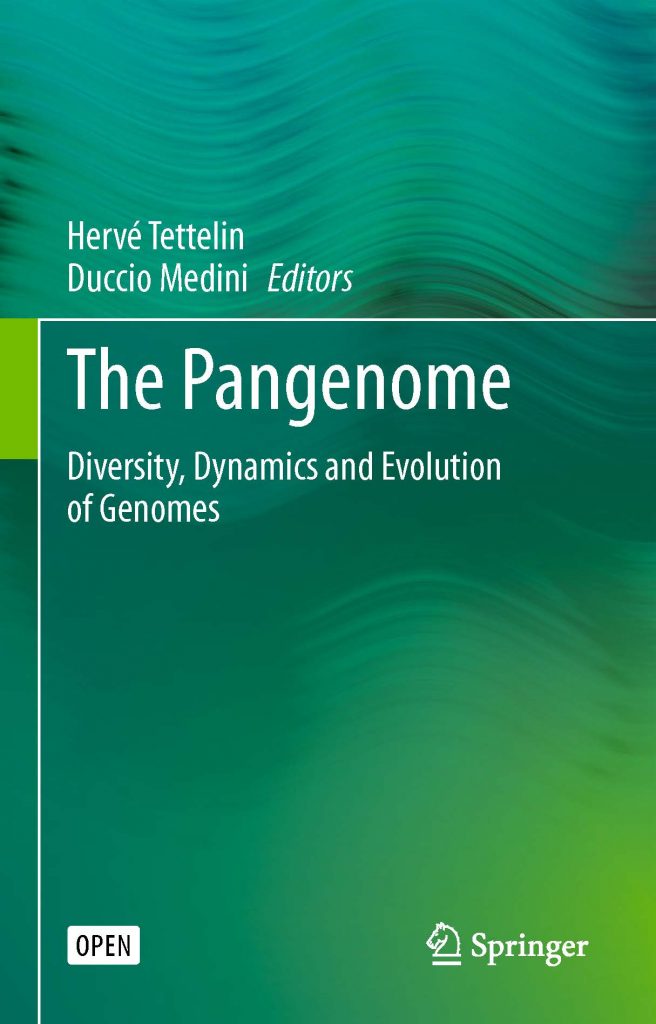
Hervé Tettelin, PhD, professor, Department of Microbiology and Immunology, Institute for Genome Sciences, School of Medicine. The Pangenome: Diversity, Dynamics and Evolution of Genomes (Springer).
The new reference free open access book about the pangenome was edited by Tettelin and Duccio Medini, PhD, head of data science and digital innovation at GSK Vaccines Research and Development. Tettelin, Medini, and colleagues are credited with coining the term “pangenome” in 2005. In simple terms, the pangenome is the realization that the pool of genetic material present across the organisms of a given species often greatly exceeds the material available to each of the individual genomes. Pangenomics, first developed during comparative analyses of a few bacterial genomes, has evolved into a novel discipline at the intersection of biology, computer science, and applied mathematics. This is the first reference book written on the topic of pangenomics, 15 years after the term was created.
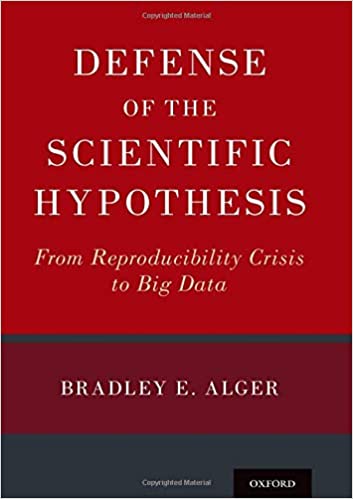
Bradley Alger, PhD, professor emeritus, Department of Physiology, School of Medicine. Defense of the Scientific Hypothesis: From Reproducibility Crisis to Big Data (Oxford University Press).
Defense of Scientific Hypothesis: From Reproducibility Crisis to Big Data sets out to explain and defend the scientific hypothesis. Alger’s mission is to counteract the misinformation and misunderstanding about the hypothesis that even seasoned scientists have concerning its nature and place in modern science. Most biological scientists receive little or no formal training in scientific thinking. Further, the hypothesis is under attack by critics who claim that it is irrelevant to science. Alger maintains that to appreciate and evaluate scientific controversies like global climate change, vaccine safety, etc., the public first needs to understand the hypothesis.


